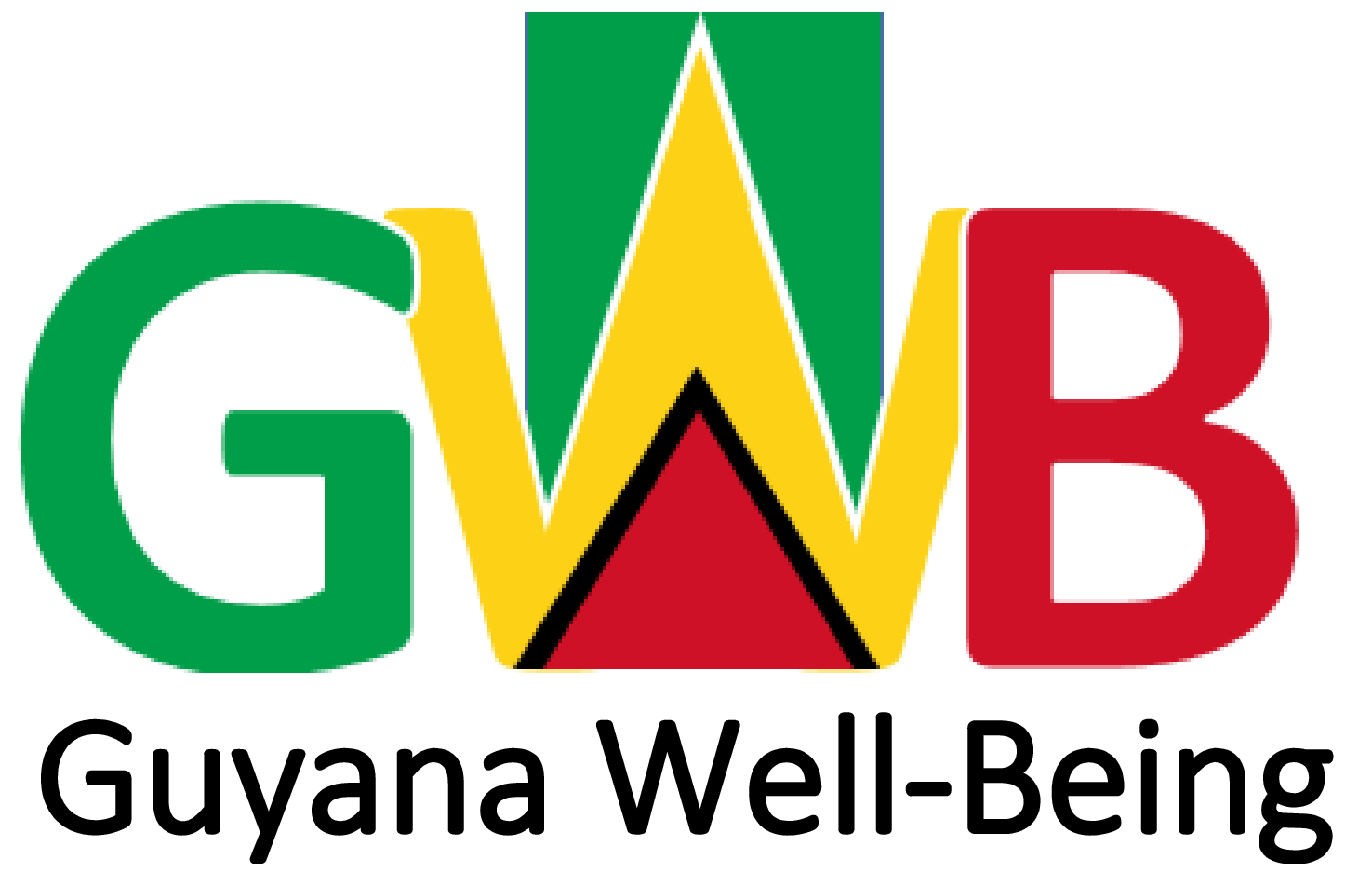Fear of cancer recurrence or progression has been defined as the “fear, worry, or concern relating to the possibility that cancer will come back or progress.” Fear of cancer recurrence or progression has been associated with impaired quality of life and psychosocial adjustment, elevated emotional distress, and a range of physical symptoms. This study aims to provide a comprehensive understanding of the factors contributing to FCR among cancer survivors, its implications on their lives, and potential strategies for its management.
The sample consists of 35 cancer survivors. A mixed-methods approach was employed, involving surveys, interviews, and psychological assessments, to gather data from a diverse sample of cancer survivors. People in remission will be assessed using the Fear of Cancer Recurrence Inventory, emotional distress using the Hospital Anxiety and Depression Scale, and quality of life using the World Health Organization Quality of Life-BREF. Clinical and severe/pathological FCR was determined based on the severity scale of FCRI, known as FCRI-Short Form. Regression analysis will be performed to examine factors associated with FCR.
Preliminary findings revealed that a significant portion of cancer survivors experience moderate to high levels of FCR, impacting various aspects of their lives, including relationships, daily functioning, and emotional well-being. Factors contributing to FCR include a personal history of cancer, uncertainty about the future, physical symptoms, and inadequate coping strategies. Coping mechanisms, such as mindfulness-based interventions, psychoeducation, and social support, were identified as potential tools for managing FCR.
Keywords: cancer survivors, fear of cancer recurrence, coping strategies, quality of life, psychological well-being, mixed-methods study.
